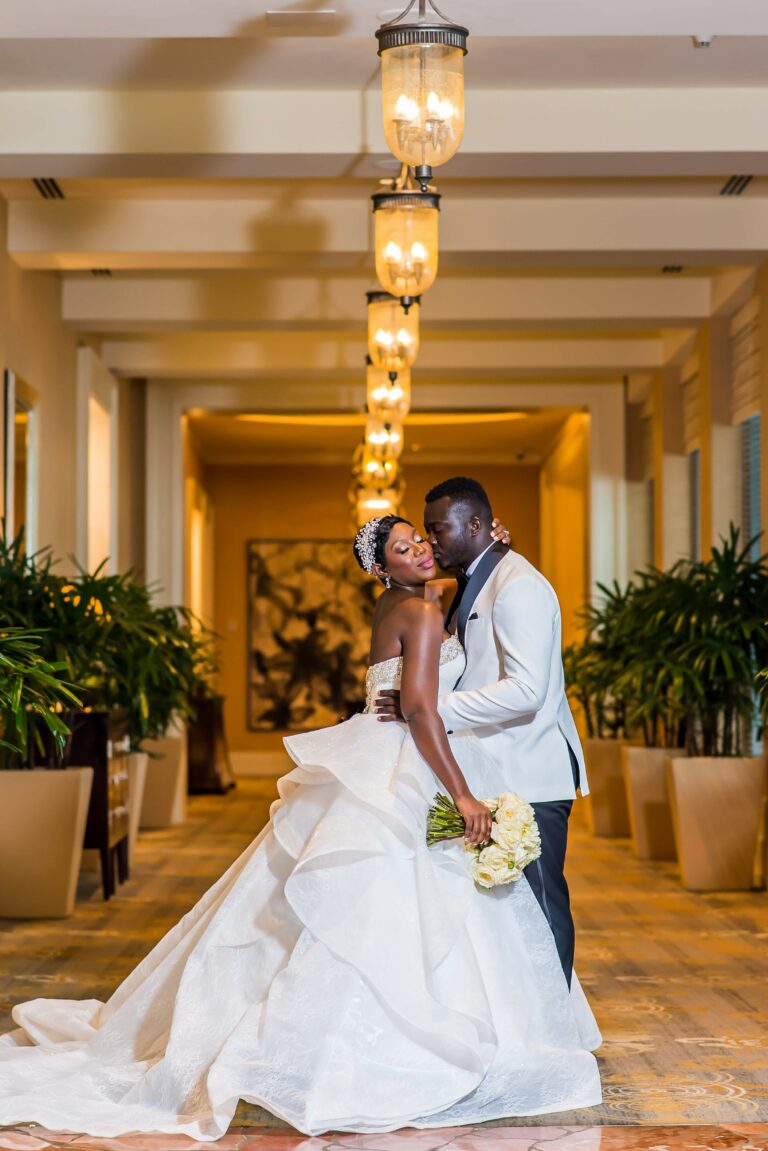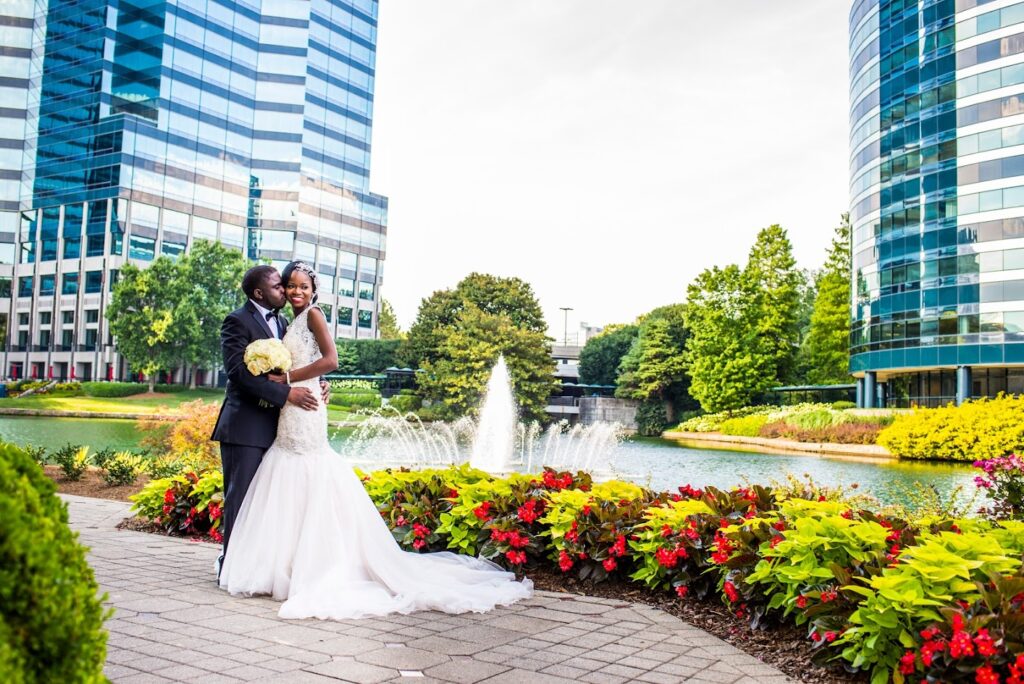
Planning a Nigerian or multicultural wedding? Let’s keep it real, planning is not all rainbows and butterflies. There are some tricky spots to navigate to make sure your wedding is the best celebration you truly want – and that’s where we come in. This guide is your GPS through the potential hiccups, so you can keep stress levels low and excitement levels through the roof. Let’s dive into the good stuff and make sure your big day is as smooth, joyful, and uniquely ‘you’ as it can be!

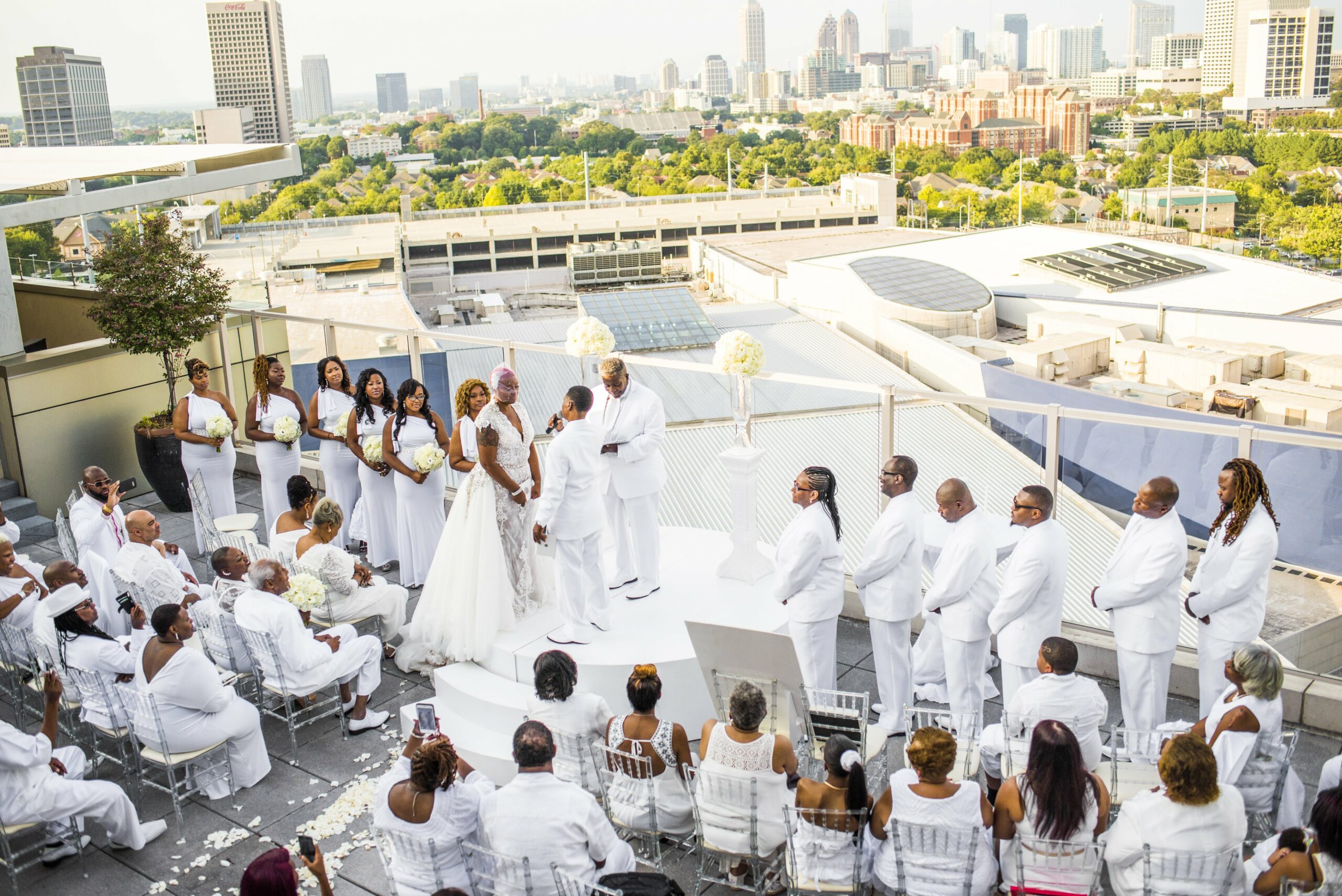
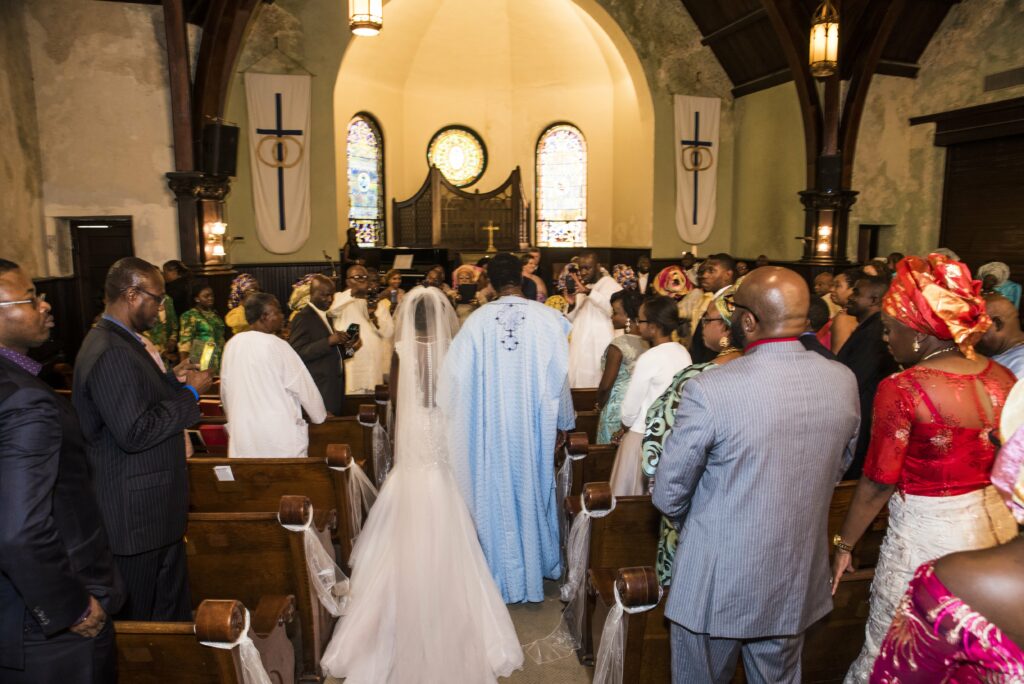
Here Are Some Common Wedding Planning Mistakes:
Initial Planning Missteps:
- Searching For a Wedding Gown/ Celebrants Attire Too Late:
A wedding dress and traditional attire have intricate designs and require adequate time to make or get delivered to you. Begin the search at least nine months before the wedding, allowing time for customization and fittings. - Not Dedicating Specific Time for Planning and Decision Making:
Wedding planning requires a lot of decision making and, although it may feel like you have a lot of time to plan, time passes by quickly. Dedicating specific days or times for planning each aspect of the wedding is important to make sure you’re on track with planning.
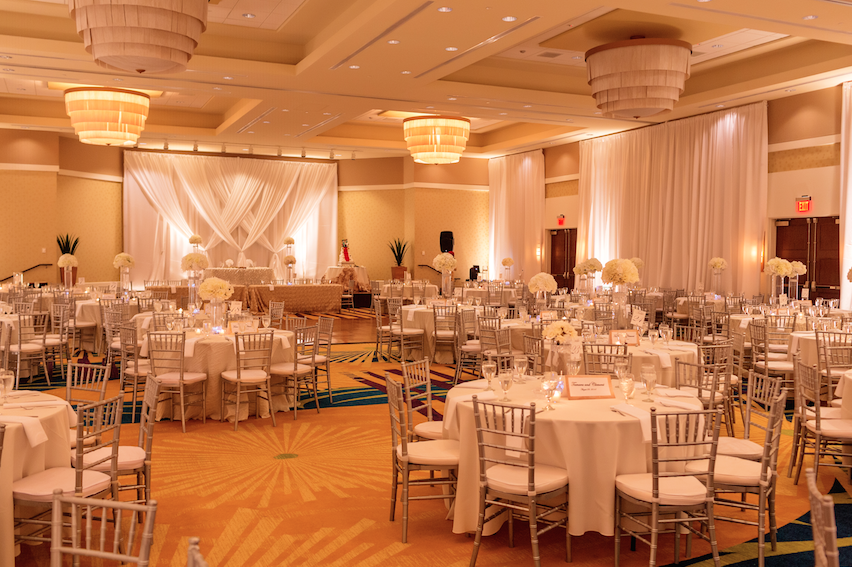
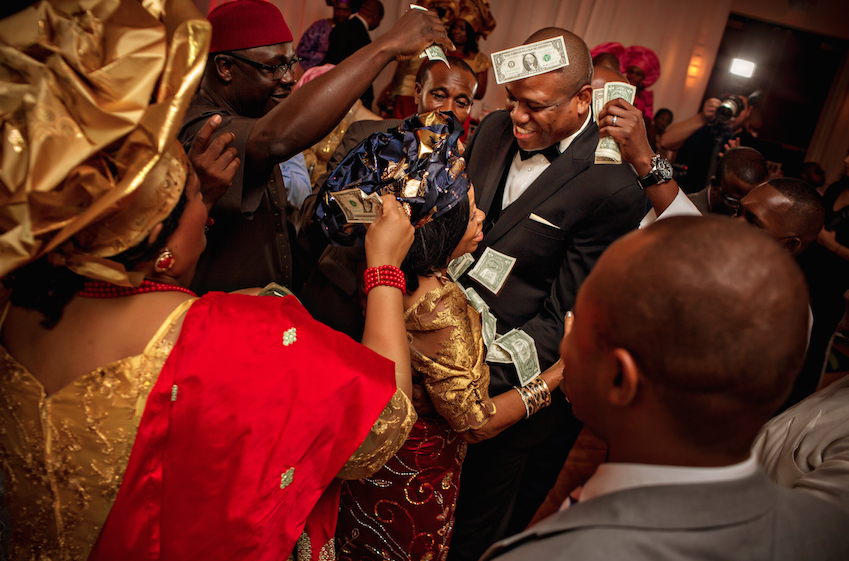
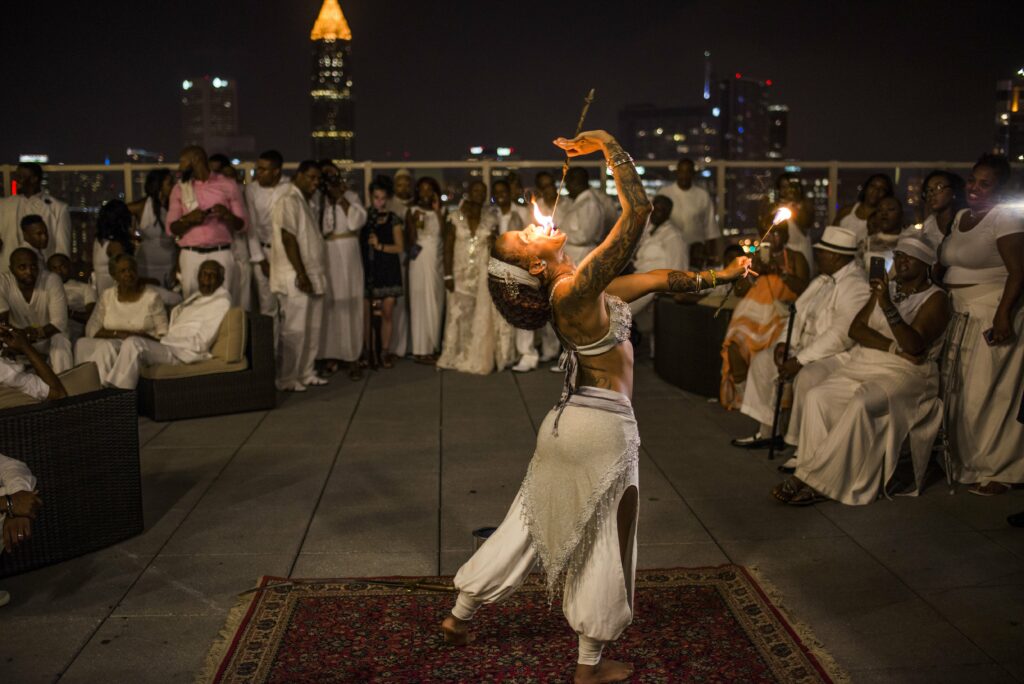
Budget Blunders:
- Starting Without a Detailed Budget:
Your wedding budget is a huge piece that will help you make the right decisions while planning. Utilize resources to ensure your budget is realistic and take it a step further by breaking down expenses for each vendor category to create a comprehensive budget view. This is a strategic approach to ensuring you stay within budget. - Not Accounting for Miscellaneous Expenses:
Weddings have some costs many people forget about (e.g. bride’s dowry items, stamps for invitation mailing, alteration costs for attire, etc.) Make sure all costs are accounted for since things add up quickly.
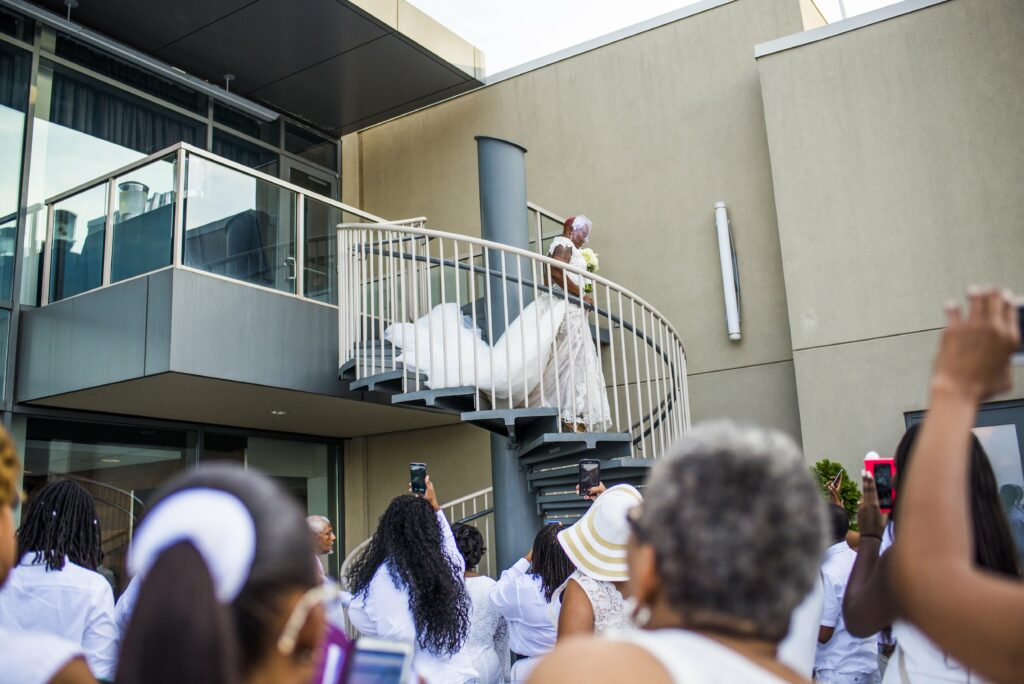
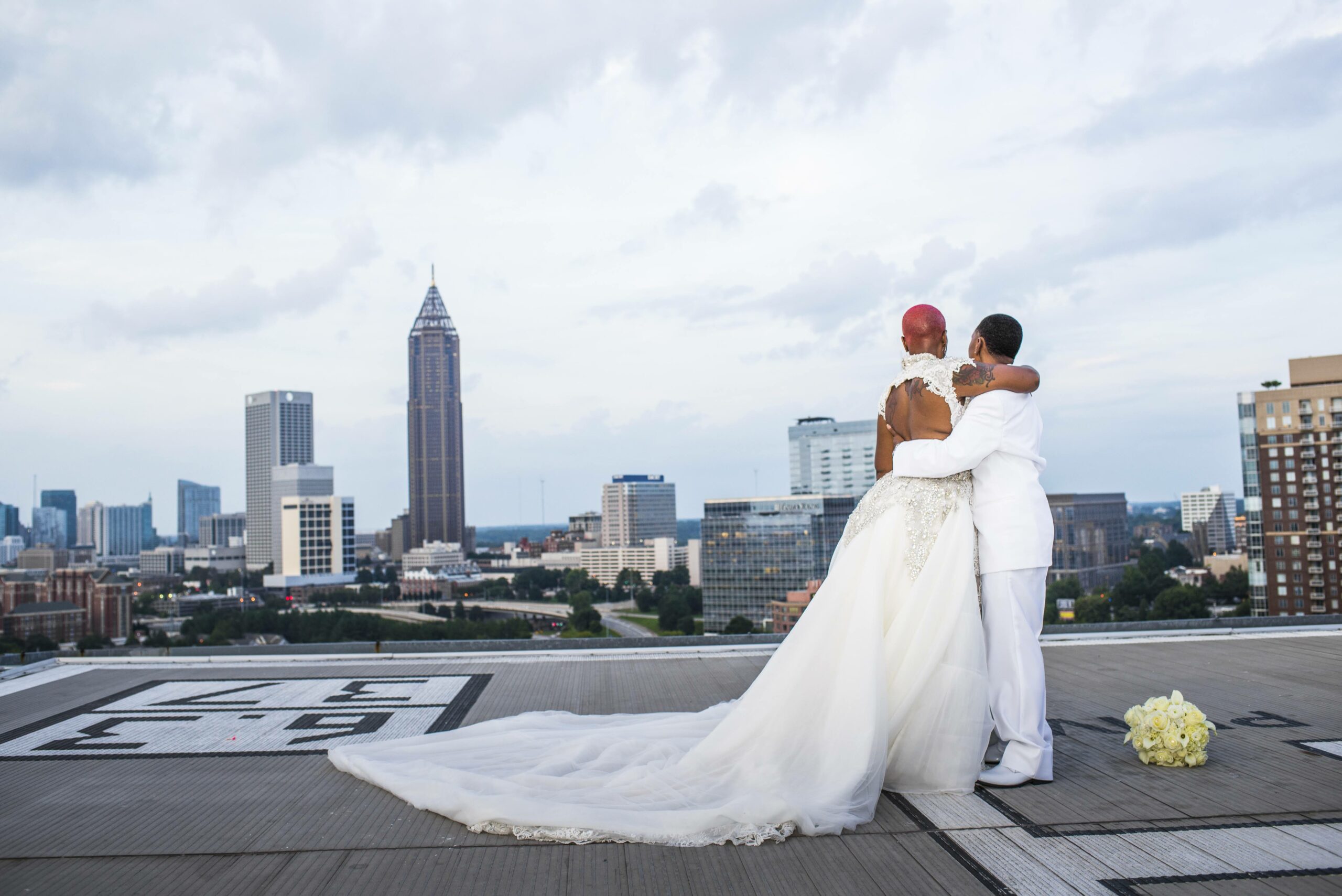
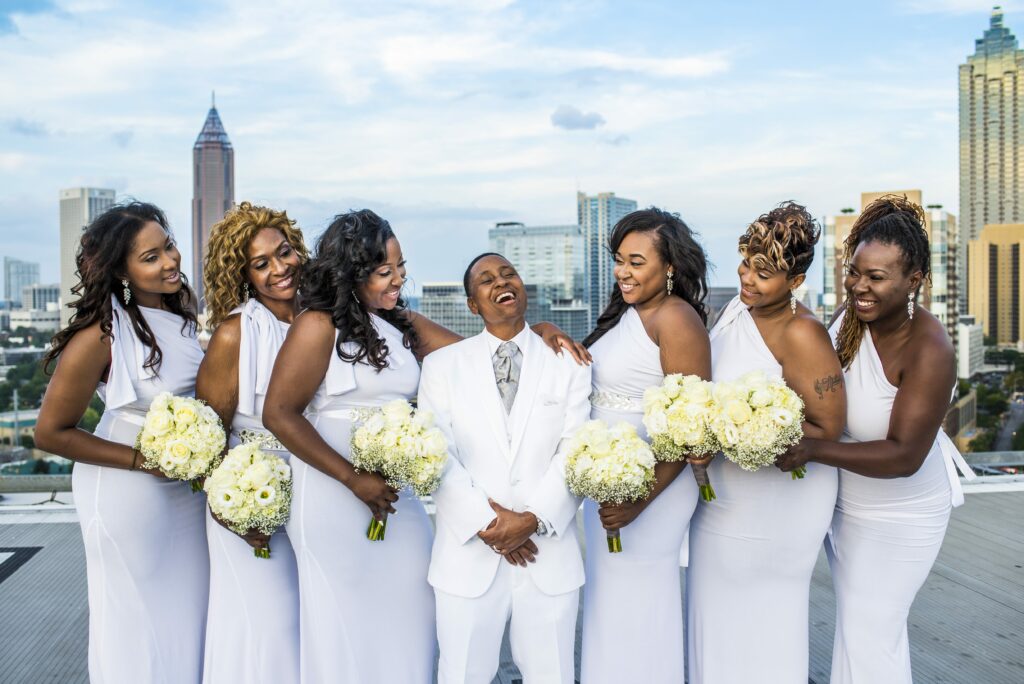
Venue Mistakes:
- Choosing a Venue That Does Not Have an Inclement Weather Plan or an Inclement Weather Plan That You Do Not Like:
Many couples like wedding venues that have an indoor and outdoor option but it’s important that the venue you select has contingency plans that align with your desires as well as your budget just in case of inclement weather (e.g. it’s raining, too windy, too cold, too hot, etc.). Discuss rain plan options with venues before officially booking.
Guest Considerations:
- Underestimating Guest Count:
Guest counts can grow quickly with Nigerian and multicultural weddings. Oftentimes, the number you have in your head is inaccurate, especially when taking into account your parents’ guests. Use virtual tools that facilitate efficient guest list tracking from beginning to end. - Booking a Venue Without Finalizing Guest List:
Venues are chosen based on capacity (among other key desires) and Nigerian and multicultural weddings require more room for entrances, dance floor, multiple buffet lines, etc. Getting your guest list down on paper before jumping into the venue search is important so you can ensure the venues you are touring match your max guest count.
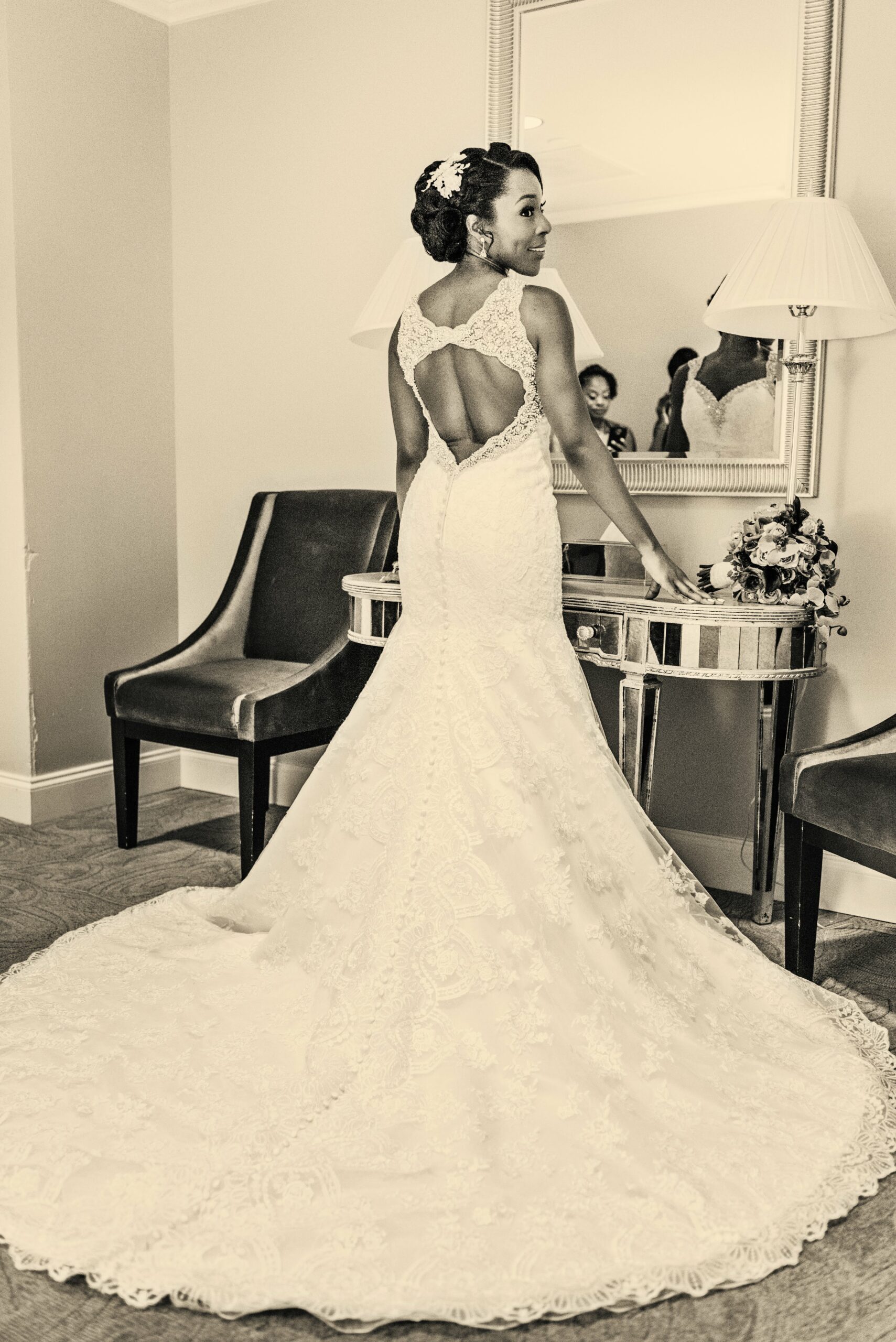
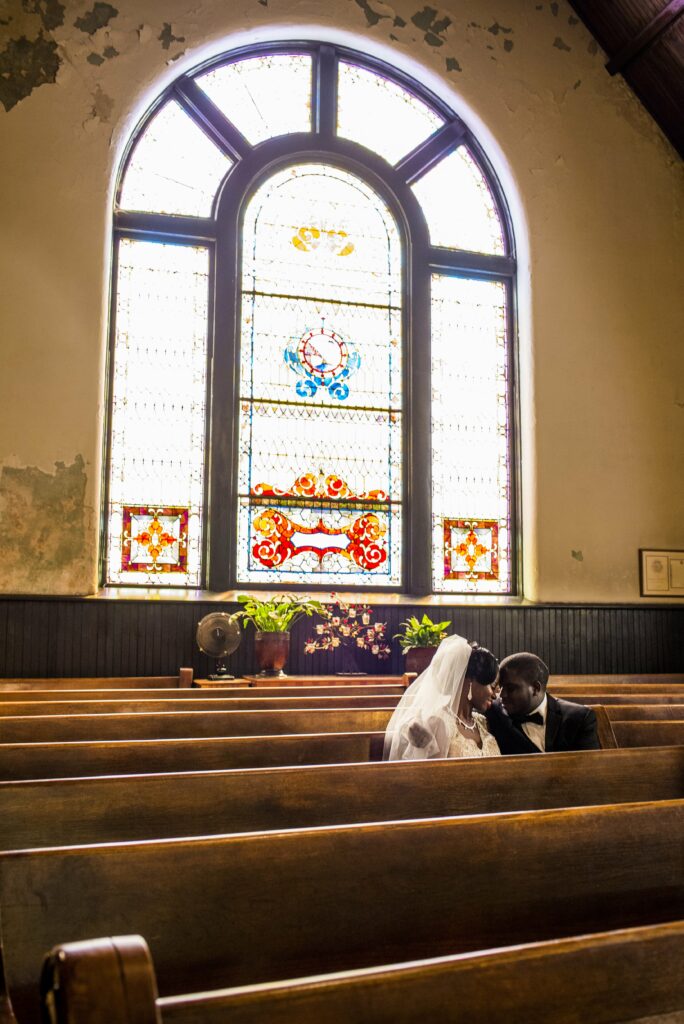
Guest Communication:
- Sending Save-the-Dates Too Early:
The industry rule of thumb for when to send out save the dates is six to eight months before the wedding. If you have a lot of guests traveling from different states or countries, you can increase this timeframe. Don’t send save the dates out too early (12 -18 months+) because guests will forget about your wedding until they receive the invitation which typically arrives 6 to 8 weeks from the wedding.
If you insist on sending save the dates out more than 8 months before the wedding, consider following it up with text message communication or another stationery item in the mail as another reminder before the invitations. - Sending Invitations Out Too Early:
Aim to send out invitations six to eight weeks before the wedding. We suggest no more than 10 weeks so guests do not forget to RSVP. - Not Contacting Guests Who Did Not RSVP:
Proactive communication with guests is essential. Follow up graciously with guests who haven’t RSVP’d by the deadline. Confirming their attendance helps you ensure you’re planning a wedding for the right amount of people (chairs, tables, food, drinks, etc.). - Assuming Guests Will Handle Their Own Accommodations:
For guests traveling internationally, assist in coordinating accommodations. Assumptions can lead to confusion and stress. Provide clear information and support to ensure a seamless experience for your traveling guests.
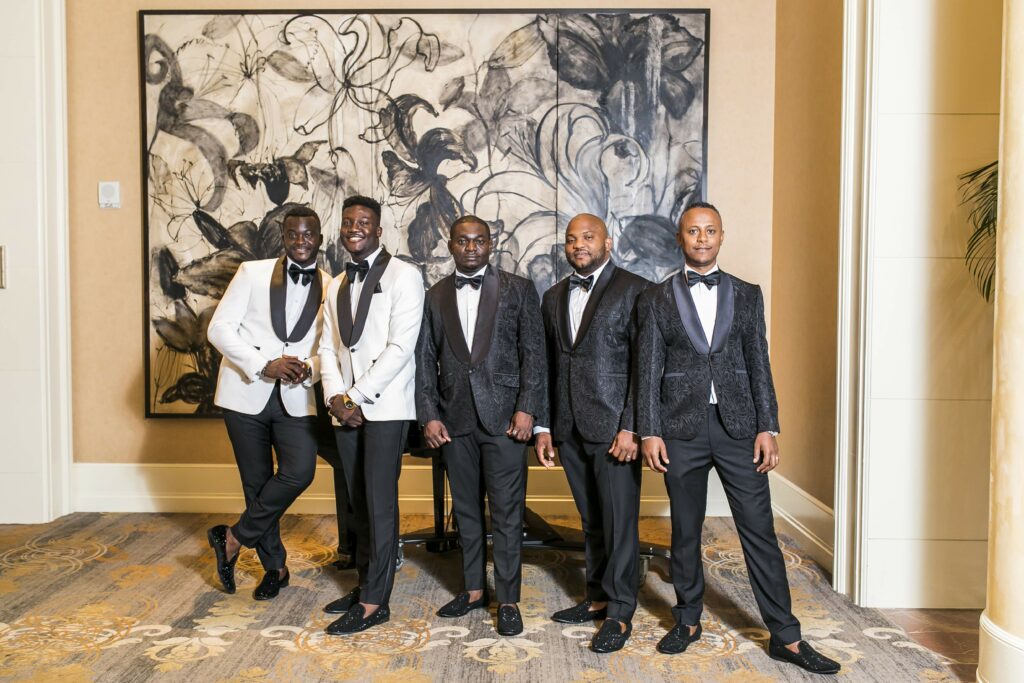
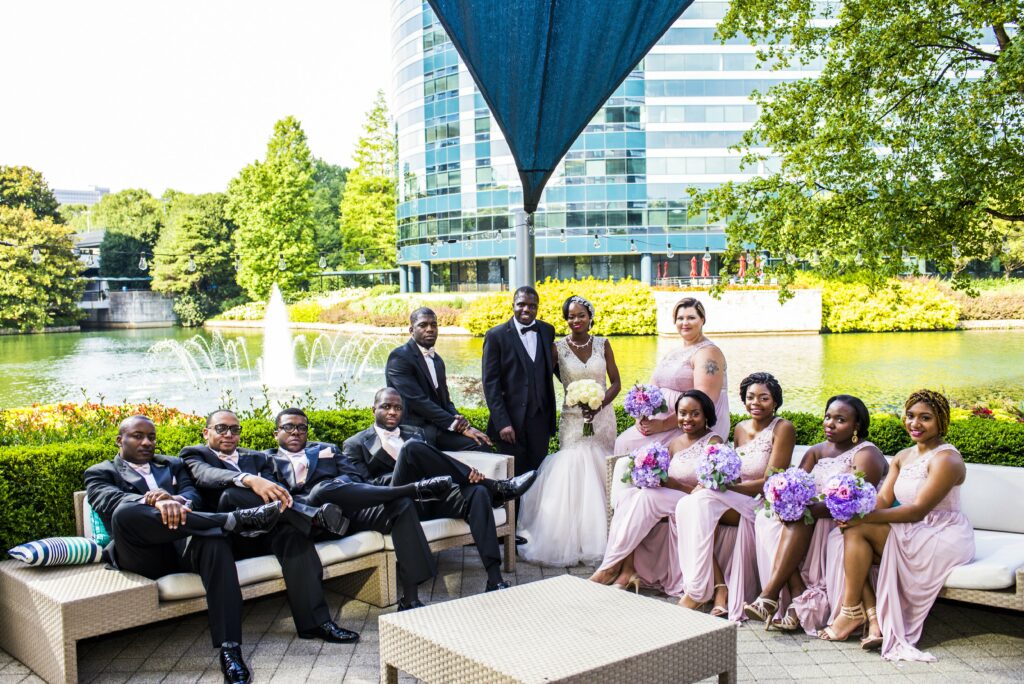
Legal Matters:
- Hiring Professionals Without Insurance or Contracts:
You should only want to hire professional vendor partners who have thorough contracts and business insurance. In the event you are unsatisfied with their product or service or question something in the process of working with them, the contract should serve as a resource for you. Also, weddings are very complex events with a lot of moving parts. If a vendor were to make a mistake on your wedding day that has financial implications, they should be able to rely on their business insurance versus the venue or guests coming after you.
Communication and Expectations:
- Feeling Obligated in Bridesmaid/Groomsmen Selection:
Bridesmaids and groomsmen have significant roles in the wedding. I always suggest selecting these individuals wisely and limiting them to only your closest friends who are responsible and ready to take on the financial and time related responsibilities.
Just because you were in their wedding or your siblings or childhood friends does not automatically make them a part of your wedding party. - Failing to Communicate Expectations with the Wedding Party Early:
Communicate the significance of each role in your wedding early. Many people are serving in these roles for the first time and have no idea what it entails. Be clear with what you want and expect so there are no unmet expectations or frustrations.
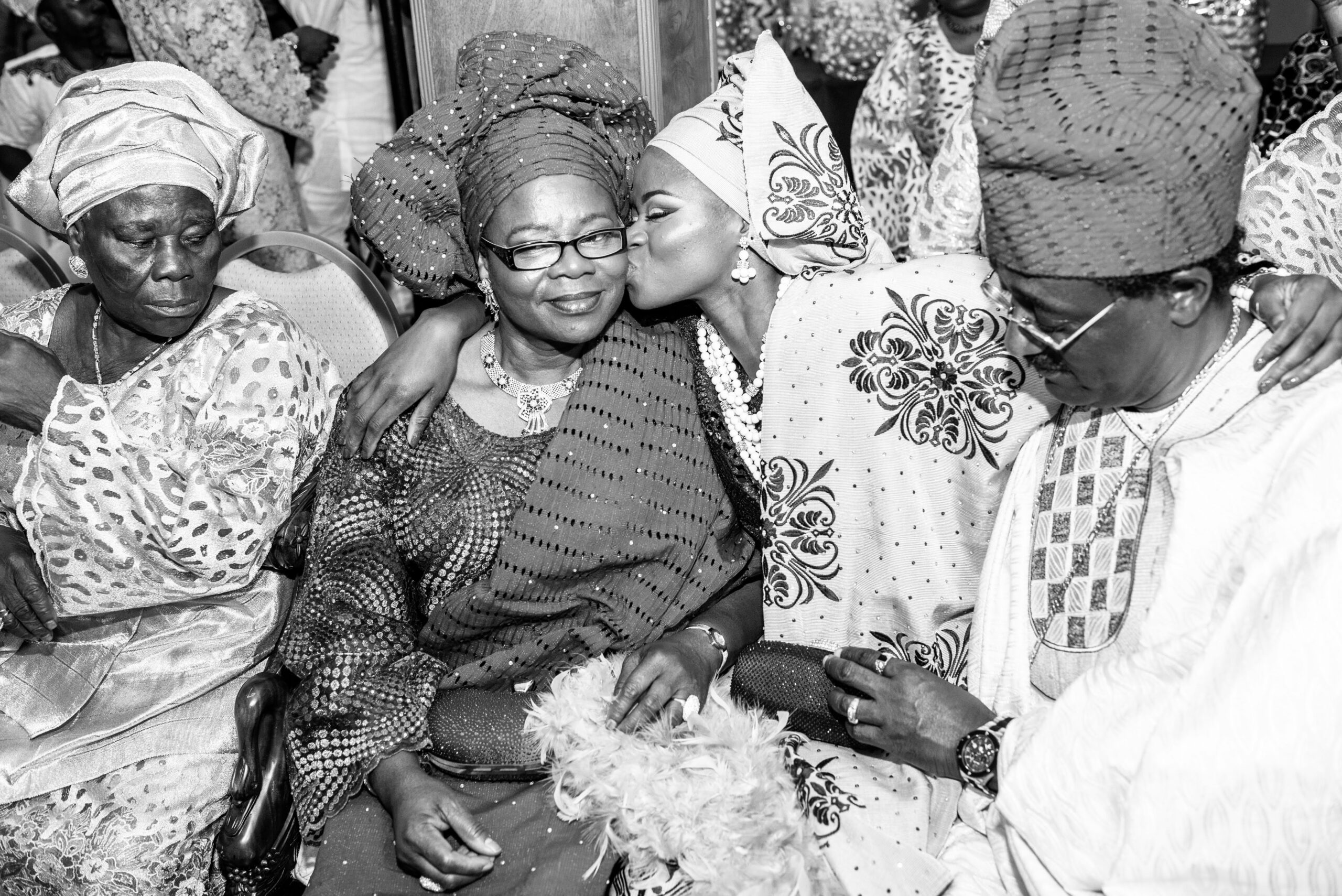
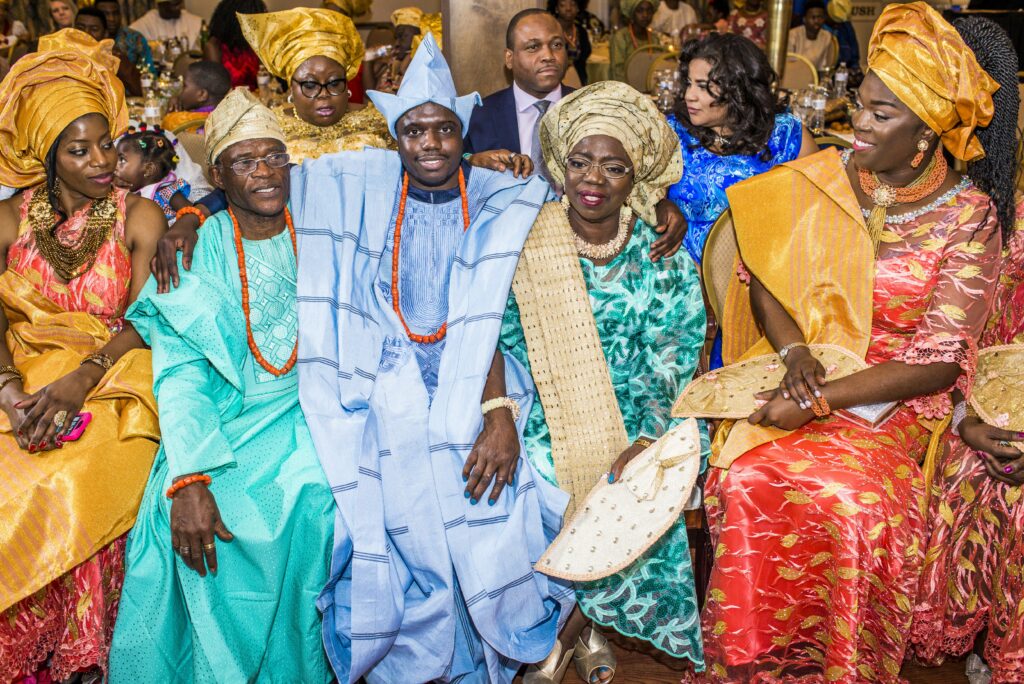
Social Dynamics and Boundaries:
- Forgetting to Set Parental Boundaries:
Nigerian weddings are deeply rooted in tradition. Politely establish boundaries with family members via face to face or phone conversations. Be firm yet respectful about wedding decisions.
Open dialogue with parents is vital. Discuss expectations, and the significance of cultural elements to ensure a celebration that resonates with all generations.
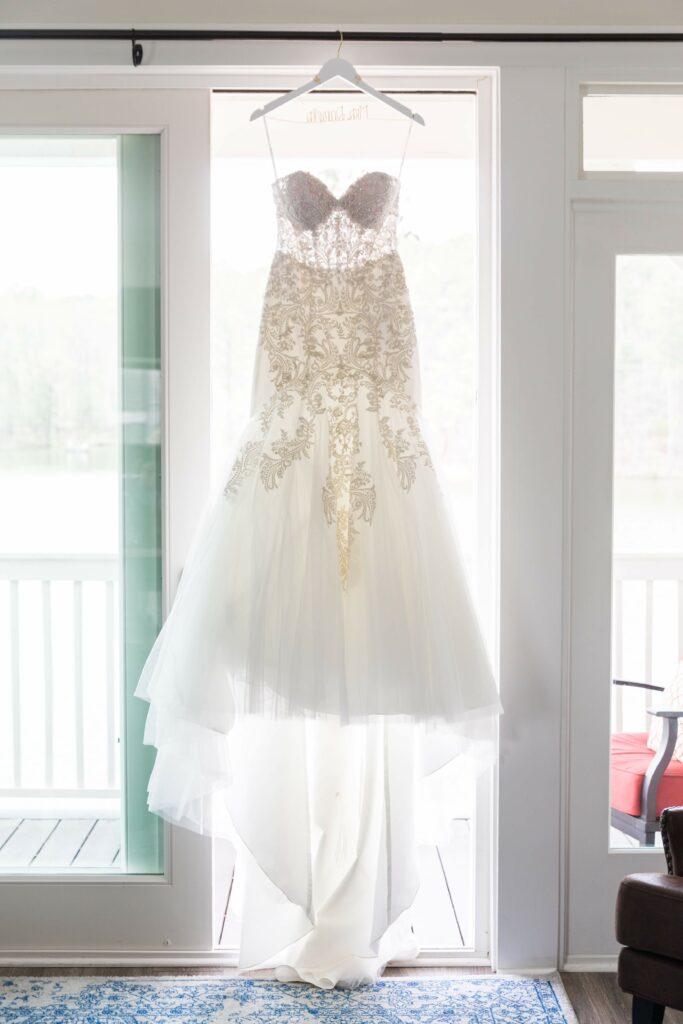

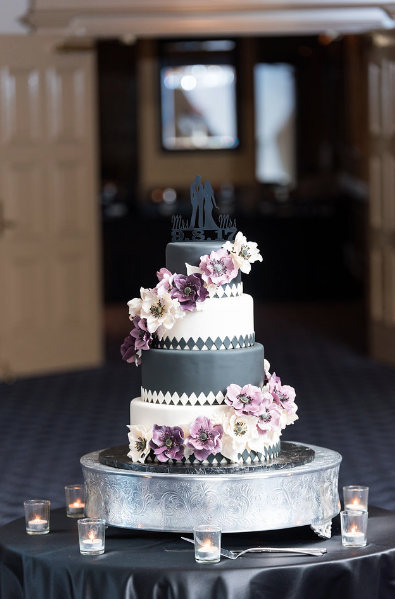
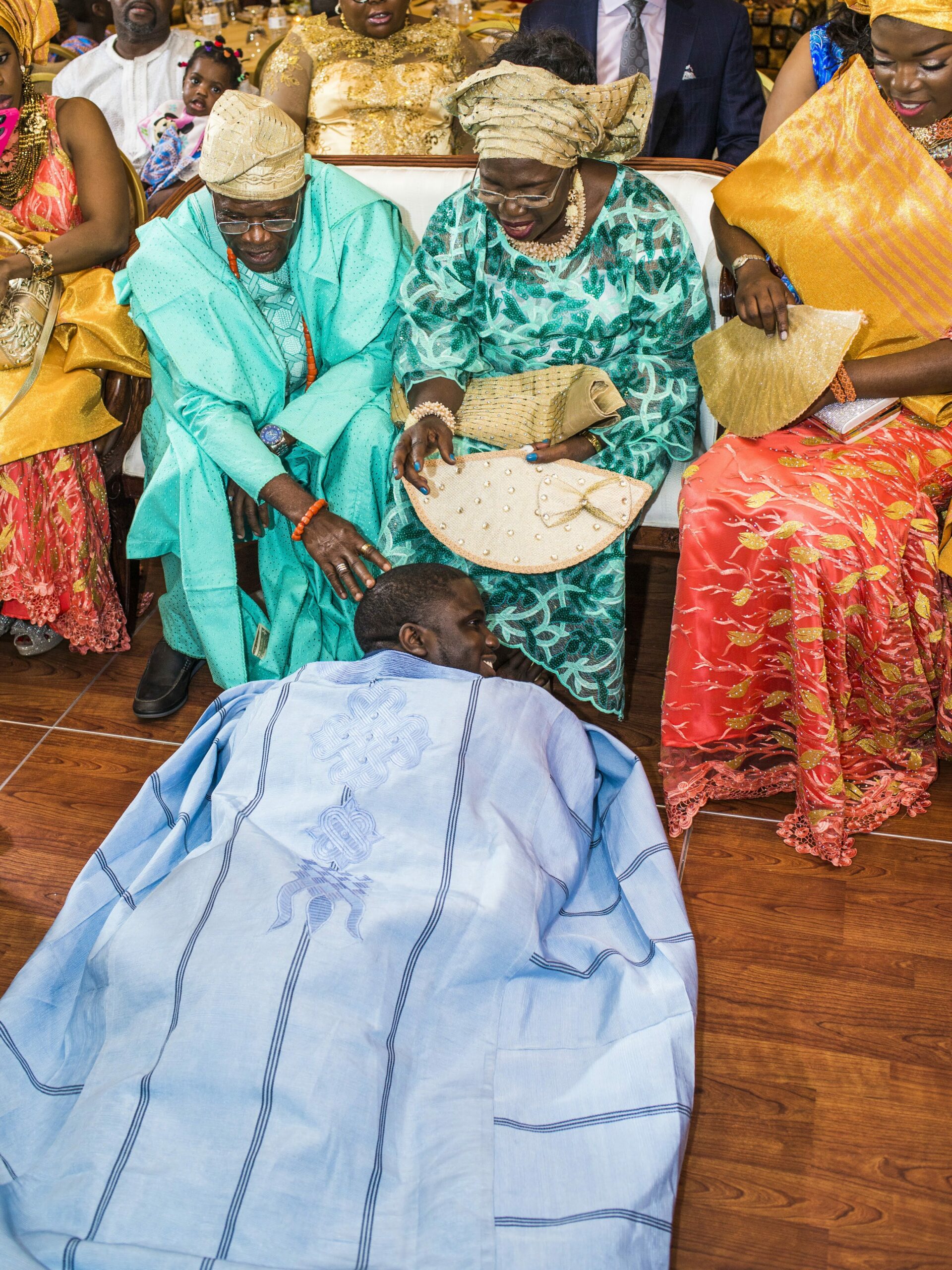
Cultural Mistakes:
- Getting Attire Made in Another Country:
Plan ahead to ensure attire made in another country arrives in time for fittings and adjustments. This guarantees a perfect fit and eliminates last-minute challenges. - Not Finding Ways to Incorporate Both/All Cultures:
Finding synergy between different cultural elements enhances the richness of the celebration. Identify what traditions from each culture are of most importance and explore creative ways to seamlessly blend traditions, ensuring a harmonious fusion that represents everyone involved. - Allowing One Culture to Overpower the Other:
Balance is key. Avoid the pitfall of one culture overshadowing the other. Strive for an equitable representation, allowing each cultural facet to shine and contribute to the beauty of the occasion. - Not Having a Plan for Guest Immersion in Cultural Traditions:
Guests play a vital role in the celebration. Plan activities that immerse them in cultural traditions, providing context and understanding. This enhances the overall experience and ensures everyone feels an integral part of the festivities.
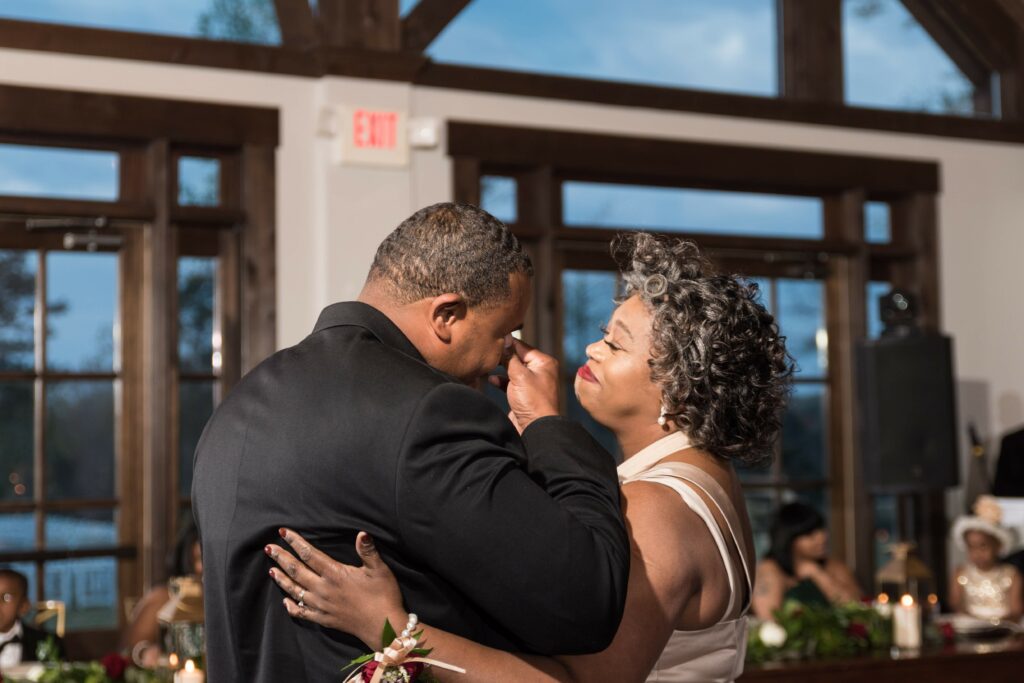
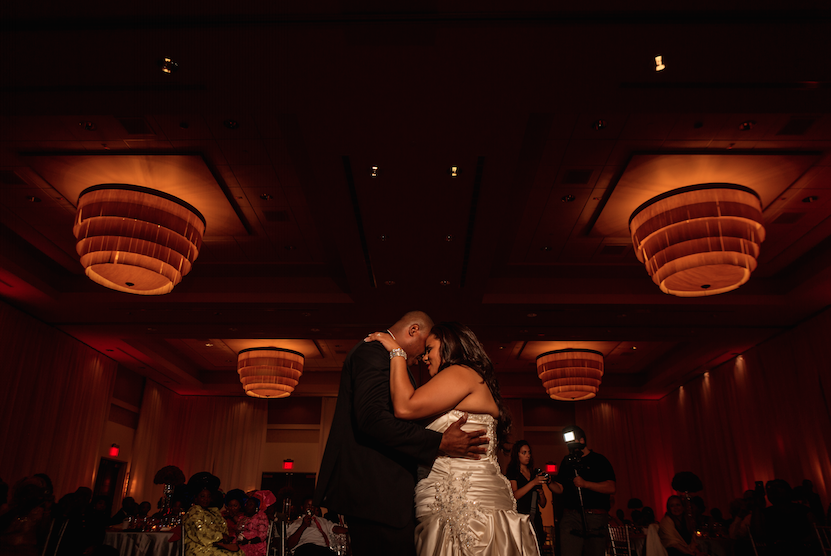
By dodging these common pitfalls, you’ll not only make your dream day a reality but also turn down the stress dial. This journey will be about making choices that truly reflect you and your cultural roots. As you soak in the joy of your wedding day, remember it’s a testament to the thought process you put into planning. Here’s to the laughs, the love, and the perfectly imperfect moments that make your wedding uniquely yours. Cheers to the adventure ahead, where every day is as bright and beautiful as your wedding day!
And if you want some more guidance planning your Nigerian or multicultural wedding,
read this article on the first 6 essential wedding planning steps.







